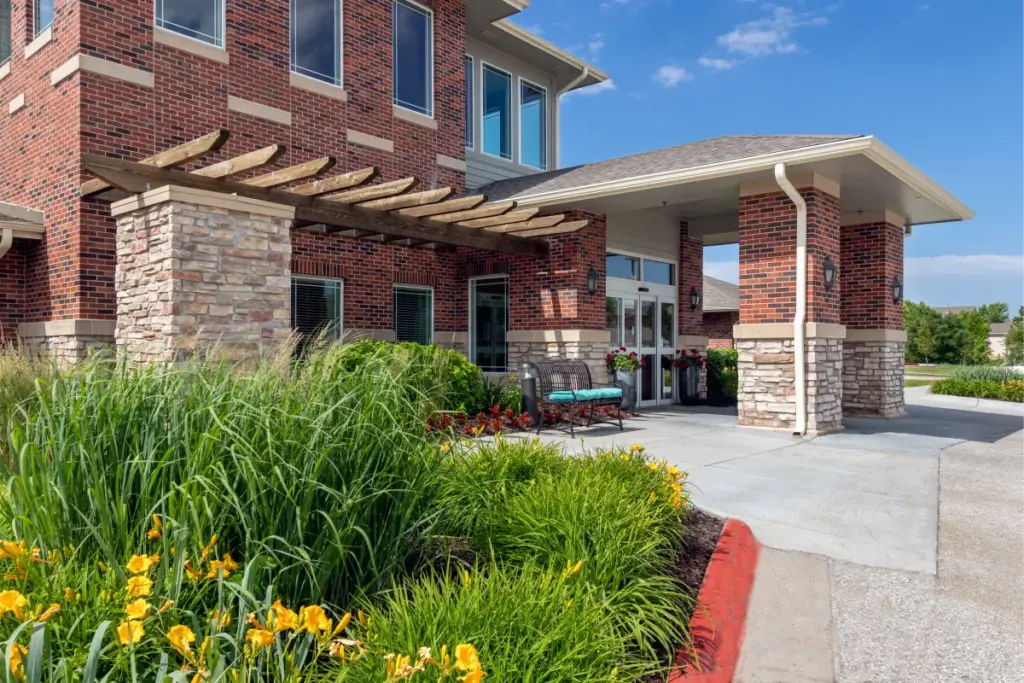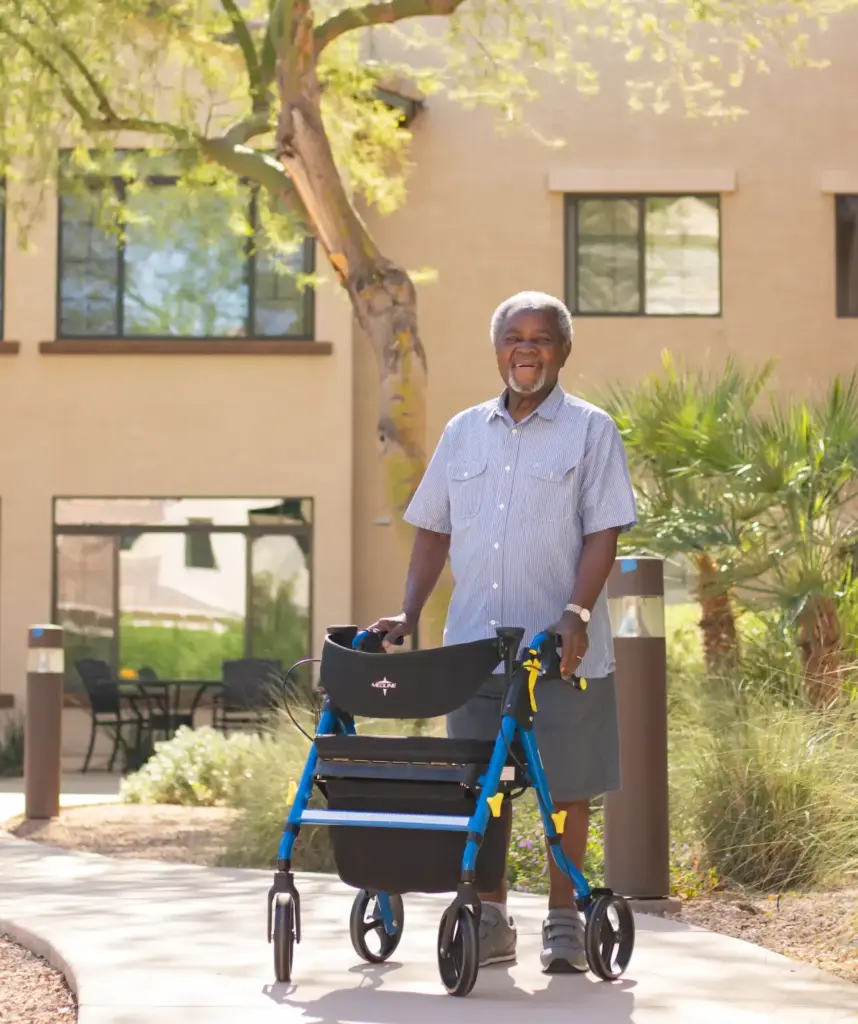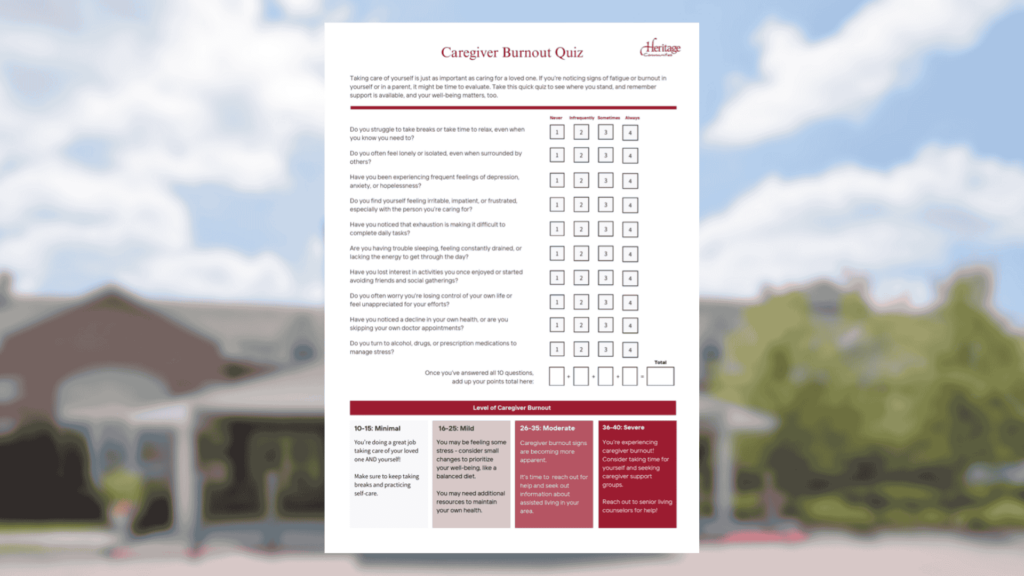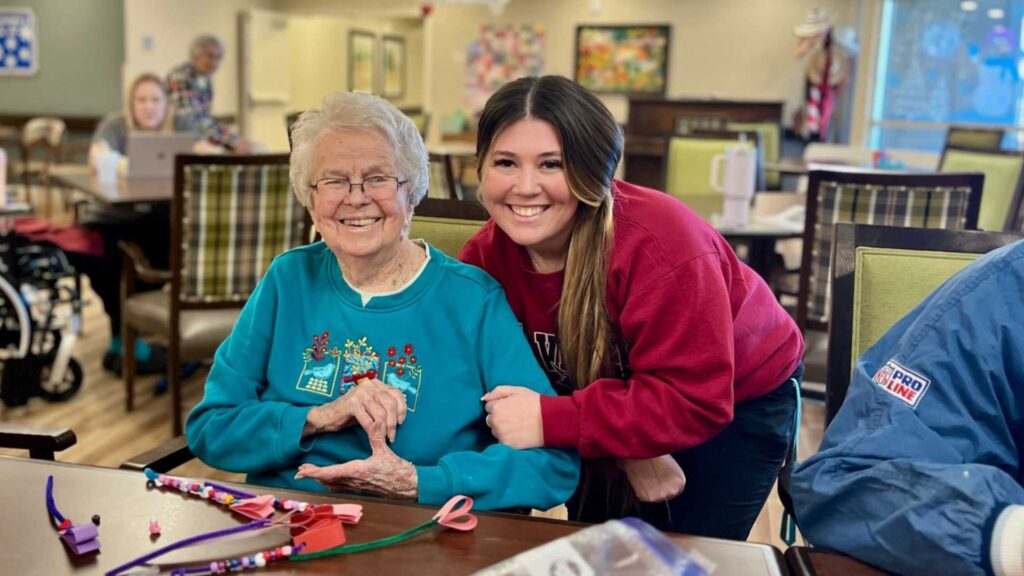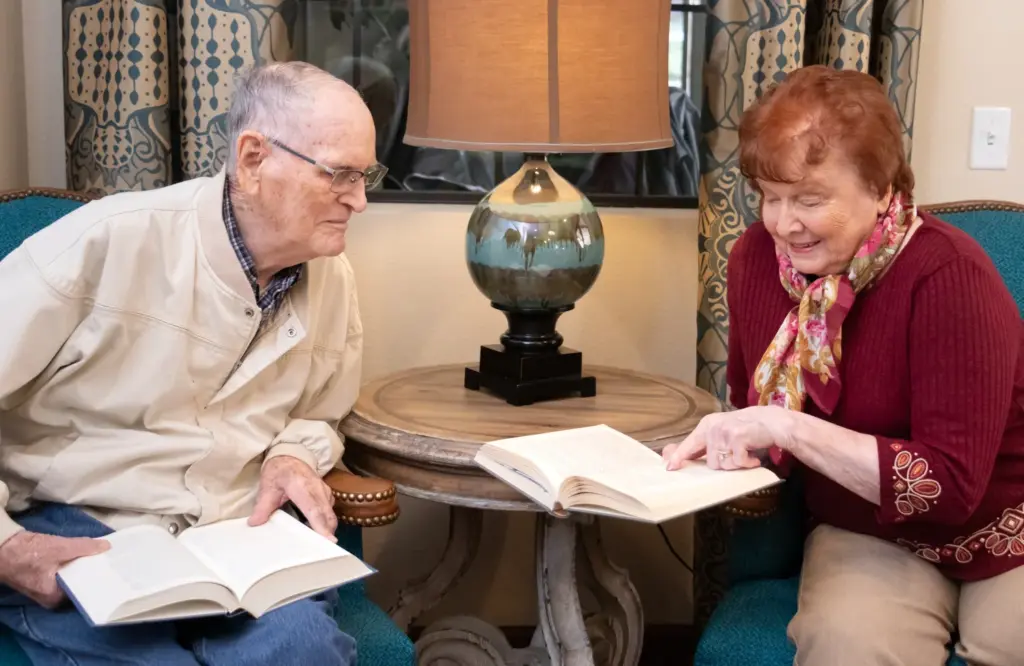Tips for Having the Senior Living Conversation with Your Parents
It’s a moment many family caregivers eventually face: having the conversation with parents about moving to assisted living or memory care.

It’s a moment many family caregivers eventually face: having the conversation with parents about moving to assisted living or memory care. It can be difficult to know how to approach the senior living conversation, what to say, and how to be sure your Mom or Dad knows you are coming from a place of love and care.
At Heritage Communities, we are here to listen, support, encourage, and provide information. To begin, we’ve put together some suggestions that might help you with the senior living conversation.
Understanding their emotions is essential
While a move to senior living might be the most practical choice, it’s also an emotional one. As you think about how you will bring up the subject with your loved one, consider some of the common fears that many seniors have about growing older, such as:
- Loss of independence
- Failing health, particularly memory
- Running out of money
- Having to leave their home
- Losing loved ones
- Having to depend on others
- Not being able to drive
- Being isolated and lonely
- Falling or becoming incapacitated
Take these fears to heart as your family discusses the future together. Showing empathy and patience will provide comfort that you’re on their side, can strengthen your relationship, and even help them warm up to the idea of moving.
Download our free guide, The Family Decision Toolkit.
Having the senior living conversation: what to do
Spend some time thinking in advance about what you want to accomplish in the talk. Understand that it may take several conversations over time; don’t try to cover everything in one session. Here are some senior living conversation “Do’s”:
- Make a list. Write down talking points about why it is time to consider senior living to help guide the discussion and to help you remember important questions. For example, have you noticed red flags, such as your parent is isolating or withdrawing, they don’t seem to be eating regularly, they may be wandering or becoming lost, there are signs of a fender bender or personal injury (such as bruises from a fall), their home is messy, and so on. If you bring up specifics, do it in the context of your concern for their health and safety, asking them if they could use a helping hand with daily life.
- Pick a good time. Have the senior living conversation when your loved one is free of distractions or pending appointments so you are not rushed. Be sure they are rested, and not hungry or anxious. You could initially bring up the subject casually, such as on a walk, sitting on a park bench, after a happy family event, or other comfortable setting.
- Have back-up. Be sure to include other family members when appropriate. You might want to approach your Mom or Dad first, and then bring in another sibling or relative at the next conversation. Just be sure to keep it casual and open, so your parents do not feel pressured in any way.
It’s also a good idea to consult with a professional such as their physician, a case manager, social worker, lawyer, financial advisor or even a therapist or spiritual leader. Having input from a neutral party, particularly one your loved one trusts and respects, can go a long way in a senior living conversation.
- Keep it positive. Yes, it’s a change, but be sure to mention what lies on the other side of the decision: a worry-free lifestyle where they can enjoy a range of amenities and services without having to clean, cook, or take care of a home. Reinforce how much you want to give back to them, in terms of safety and wellbeing, and how knowing they were benefiting from 24-hour support would free all of you to enjoy your relationship (as a son or daughter) more than ever.
If you know of someone else who recently went through the experience of a parent successfully moving into senior living, you might bring that up, especially if it’s someone they know. Describe how they are enjoying life more than ever without worries of home maintenance or isolation.
What NOT to do in the senior living conversation:
- Do not dictate a plan. You want to have an ongoing, honest discussion that includes their thoughts and opinions. Share information with them, include them when you are researching online if it is feasible, and let them accompany you on tours of potential senior living communities.
- Do not “take over” and become the parent. It’s very important for your Mom or Dad to feel respected and heard. Don’t speak to them in a tone that suggests they are giving up control. Reassure them you are their son or daughter, and you want to be sure they are safe, well, and happy.
- Do not feed the fear. It’s important to guide the conversation around your concerns, but in a way that you’re collaborating together to help your loved one live their best life, not scaring them into a move.
Senior living can help them live better
All Heritage Communities share a single mission: to create the senior living experience that each person wants and deserves, and to help them remain as independent as possible for as long as possible.
Heritage Communities throughout the Midwest and Southwest offer vibrant Independent Living, with Assisted Living, and Memory Care. We invite you to learn more.
Expect more from Heritage Communities. Download our free guide, The Family Decision Toolkit. Or contact us today to learn more or schedule a tour.



